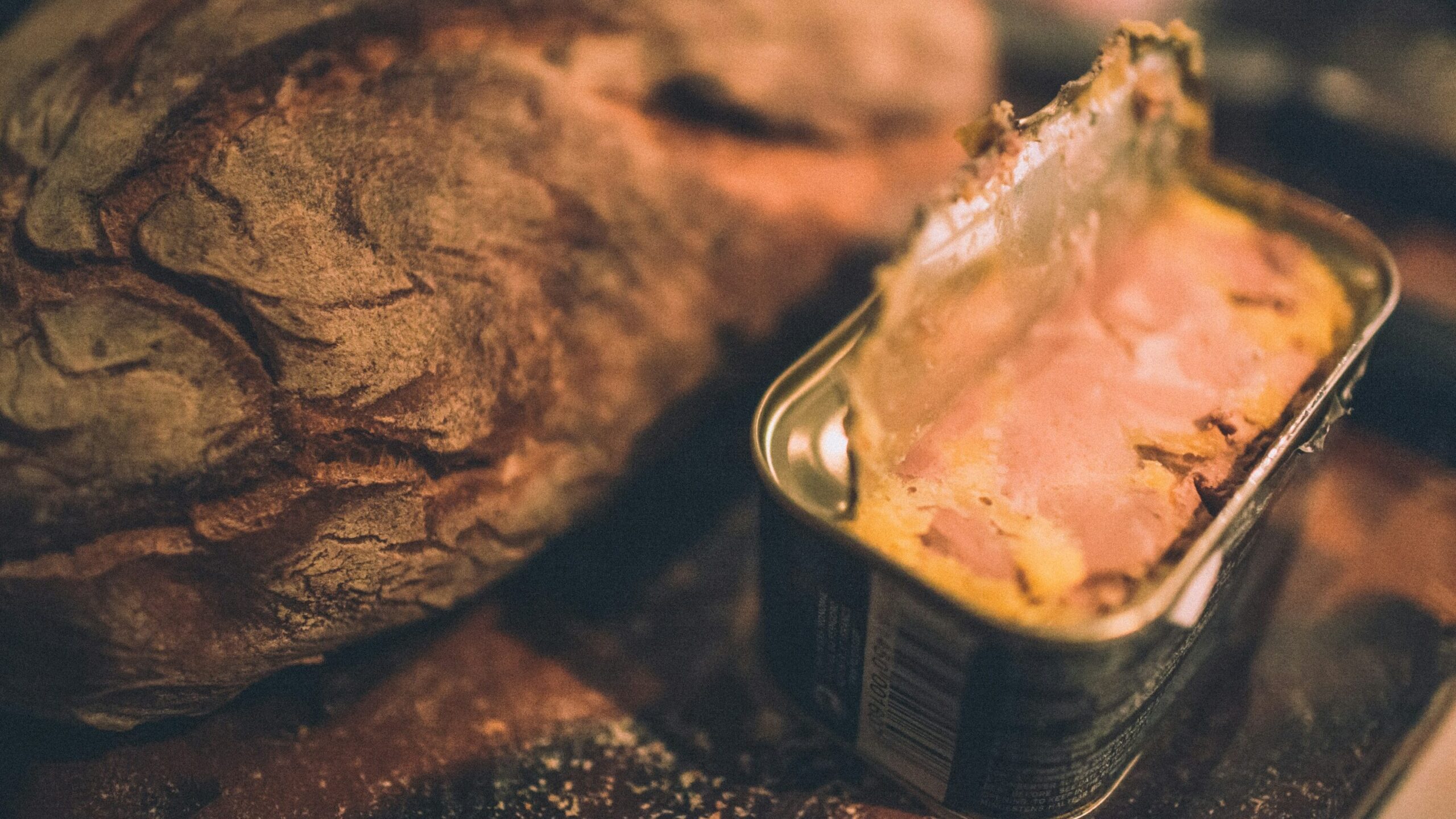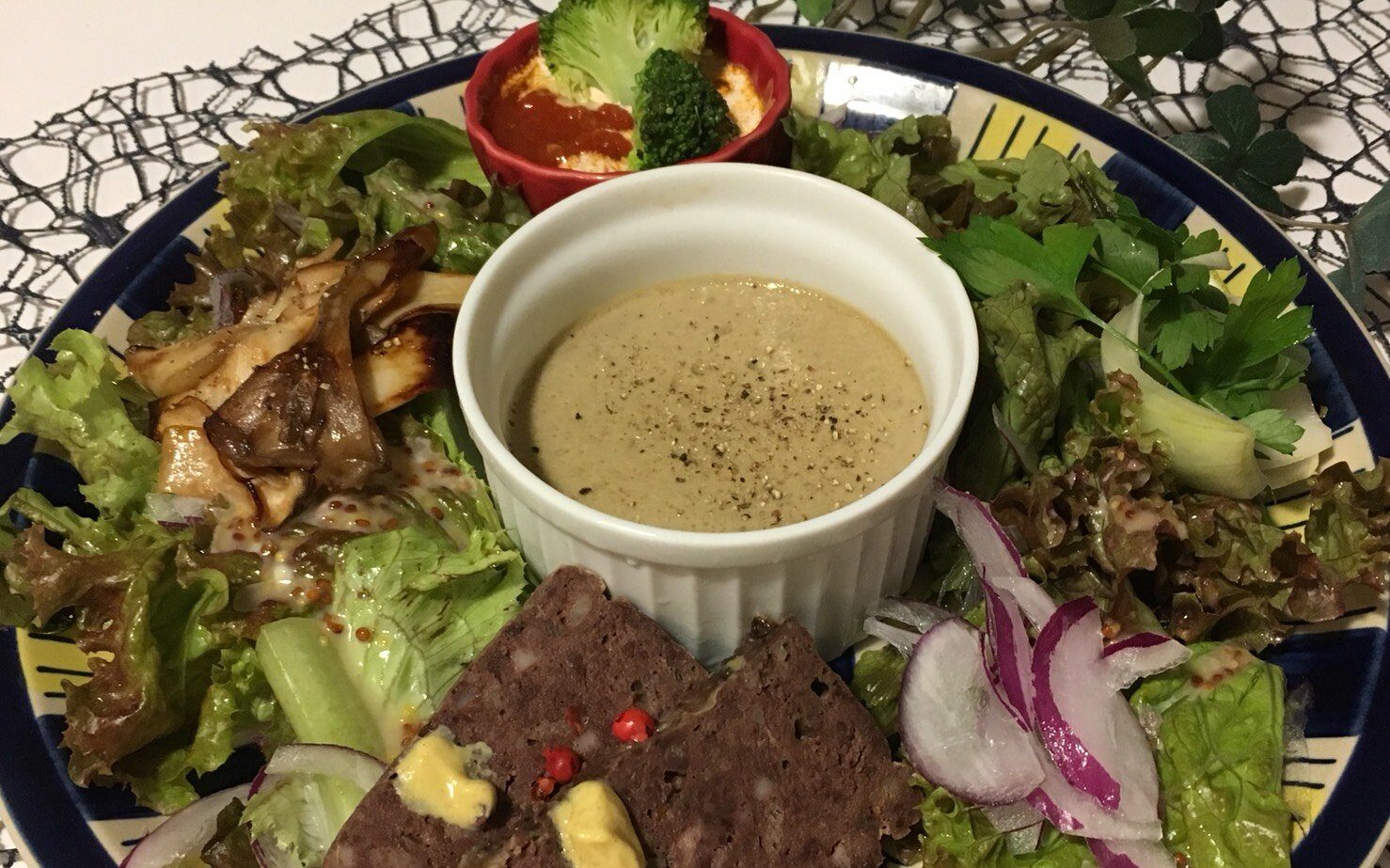Welcome to the world of Vitamin B2, also known as Riboflavin, shines brightly as a key player in maintaining health and facilitating vital physiological processes. This water-soluble vitamin, essential nutrient is a powerhouse of health benefits, we’re diving into its captivating world.

Ribflavin is Your Body’s Powerhouse
Imagine your body as a complex machine that requires the right fuel to run smoothly. Riboflavin is crucial, converting food into energy and defending cells against damage, maintaining balance within your system.
The Benefits of Vitamin B2
- Protects Your Vision and Skin: Riboflavin is a guardian for your eyes and skin. It helps ward off conditions like dry or itchy skin and keeps your eyesight sharp and clear, combatting risks of eye issues with its antioxidant powers.
- Energizs Every Cell: Feeling tired or low on energy? Your Riboflavin levels might need a boost. By ensuring your meals include Riboflavin-rich foods, you’re helping your body transform food into usable energy, keeping you active and alert.
- Fortifys Your Defenses: In the battle against oxidative stress—those harmful molecules that can damage cells—Riboflavin is a key player. It helps reinforce your body’s natural defenses, contributing to overall well-being and longevity.


Sources of Vitamin B2
Meeting your Riboflavin needs is straightforward with a diet rich in dairy, eggs, liver, green vegetables, nuts, and whole grains. For those with specific dietary needs, focusing on Riboflavin sources becomes even more essential.
Ingredients High in Vitamin B2 (per 100g)
- Beef and Pork Liver: 3.0 mg over
- Chiken Liver: 0.26mg
- Almonds: 1.06 mg
- Natto: 0.56 mg
- Eel: 0.48 mg
- Mackerel: 0.35mg
- Eggs: 0.37 mg
- Pasely: 0.24mg

Daily Requirements and Recommendations
The ideal intake of Vitamin B2 varies by age, gender, and lifestyle, but as a general guideline, most adult men require about 1.3 to 1.6 mg daily, while women need approximately 1.0 to 1.2 mg of Vitamin B2.
What Happens If You Fall Short?
While outright Riboflavin deficiency is rare in well-nourished populations, not getting enough can lead to issues like sore throats, redness and swelling of the lining around the mouth and throat, cracked lips, and inflammation of the skin and tongue.
Incorporating Vitamin B2 into Your Diet
Start your day with your favorite egg dish. Almonds and seeds are not only tasty but also rich in Riboflavin; keep them on hand for an easy snack. For your main meals, lean meats like chicken or beef liver are excellent sources of this vital nutrient. Vegetarians can turn to lentils and tempeh, both of which are great Riboflavin sources. Additionally, mushrooms can significantly enhance the Vitamin B2 content. Try incorporating them into salads or as side dishes for a nutritious addition to your diet.

Conclusion
Vitamin B2 stands out in the nutritional landscape for its critical roles in energy production, antioxidant defense, and the maintenance of vision and skin health. By ensuring an adequate intake of Riboflavin through a varied and balanced diet, dietitians can guide their clients towards optimal health and wellness, demonstrating the power of nutrition in disease prevention and health promotion.